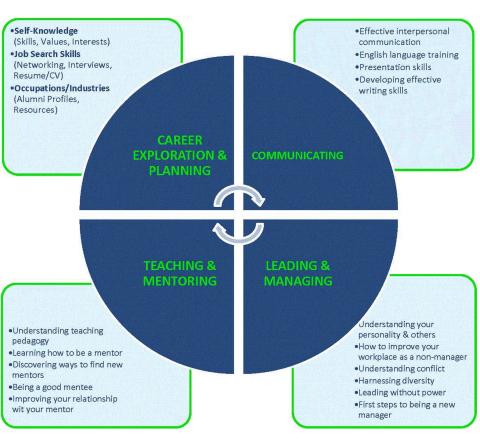Have you ever felt overwhelmed with all of the projects you are juggling at work, and as a result, felt that you weren’t doing any one of them as well as you could? Perhaps you have felt swamped, juggling so many projects that you are unsure where–or even how–to start.
Procrastination involves avoiding specific tasks; while avoidance tends to be a more general pattern that develops and can cause recurring issues both at work and at home. Most people can relate to occasional bouts of both procrastination and avoidance. About 95% of people admit to putting off work, according to Piers Steel, author of The Procrastination Equation.








